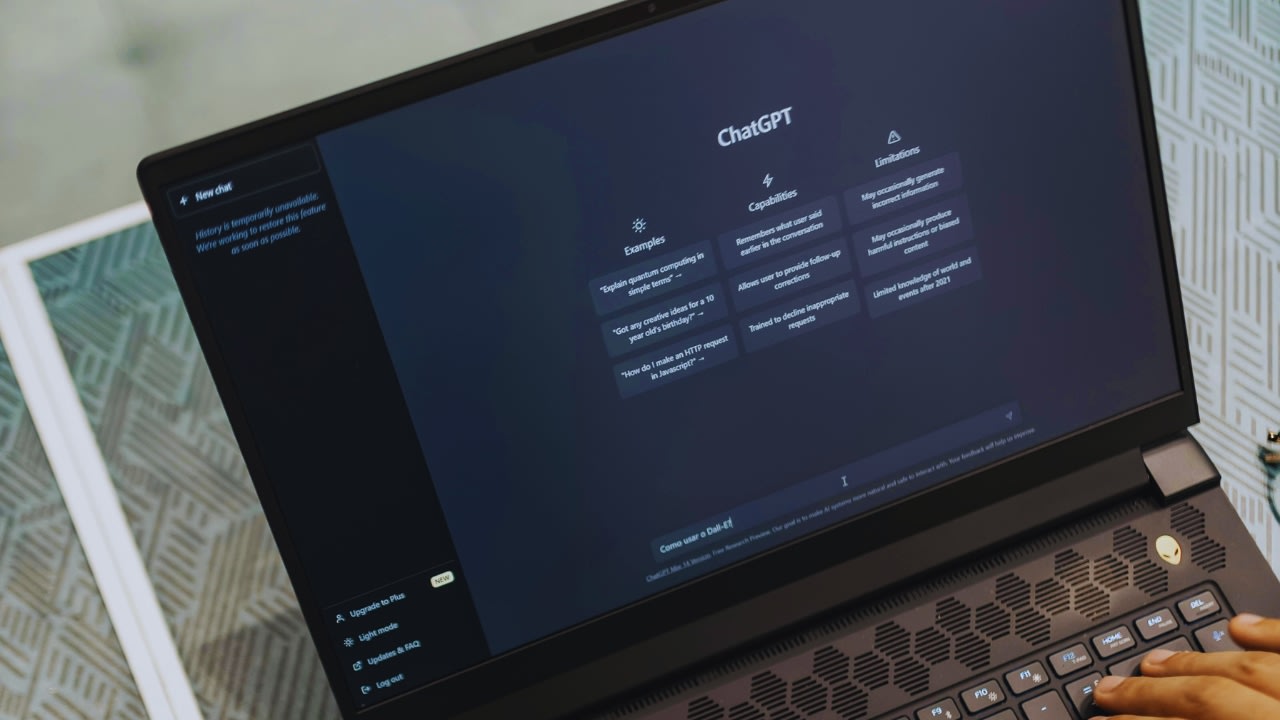Bias in compensation is not new to the workplace. For decades, employees have raised concerns about unfair pay decisions and performance evaluations. But now, as AI begins to shape the future of work, a growing number of employees believe that algorithms might be more trustworthy than their human managers—particularly when it comes to decisions around compensation and feedback.
According to a Gartner survey from October 2024, which polled nearly 3,500 employees, 87% said they believe algorithms could provide fairer feedback than their managers. In an earlier Gartner survey of over 3,300 employees, 57% stated that humans are more biased than AI when making compensation-related decisions.
Emily Rose McRae, Senior Director Analyst at Gartner, calls this trend “a damning indictment of how employees feel about managers.” However, she adds that this lack of trust in human-led evaluations isn’t solely the fault of managers themselves. “We don’t set managers up for success to give in-the-moment feedback regularly,” she explains. Feedback, especially when delayed or inconsistent, tends to lose its impact. Research from Gallup reinforces this, revealing that employees are 3.6 times more likely to be motivated to do outstanding work when they receive daily feedback rather than annual reviews.
Too Busy for Performance Management?
The decline in real-time feedback may be linked to increasing workloads. A Gartner study from December 2022 found that managers were twice as likely as individual contributors to report increased responsibilities compared to pre-pandemic times. With more on their plates, performance management often takes a back seat.
That’s where AI could step in.
McRae suggests that AI-powered systems can relieve some of the performance management burden by offering daily nudges, coaching prompts, and microlearning opportunities. While final decisions would still rest with the human manager, AI can surface patterns, highlight inconsistencies, and offer data-driven insights—essentially acting as a co-pilot in the evaluation process.
Bots Over Bosses?
Interestingly, many employees already view AI as the more objective party. A 2024 University of New Hampshire study found that workers were more likely to trust AI-generated evaluations—particularly when they anticipated human bias, such as favoritism or disapproval. The research further suggested that AI’s perceived fairness could reduce employee turnover, while biased human evaluations could increase it.
A 2022 report by Münster University of Applied Sciences came to a similar conclusion, noting that employees tend to see AI as fairer due to its reliance on objective, data-driven criteria. However, the study also raised concerns about over-humanizing AI tools. Making AI systems appear too lifelike—through conversational design or emotional cues—can create unrealistic expectations and may even unsettle employees.
Proceed with Caution
Despite the growing trust in AI among employees, legal and ethical concerns remain. Under EEOC regulations in the U.S., HR professionals are still fully responsible for employment decisions, even when AI tools are involved. Keith Sonderling, now U.S. Deputy Secretary of Labor, has warned that AI must be “carefully designed and properly used” to stay compliant with employment laws and protect employee rights.
In conclusion, while AI may be gaining ground as a perceived fairer alternative in compensation and performance reviews, it’s not without its challenges. The ideal future? A thoughtful blend of human insight and algorithmic objectivity—where AI empowers managers rather than replaces them, and fairness is not just a goal, but a shared responsibility.











